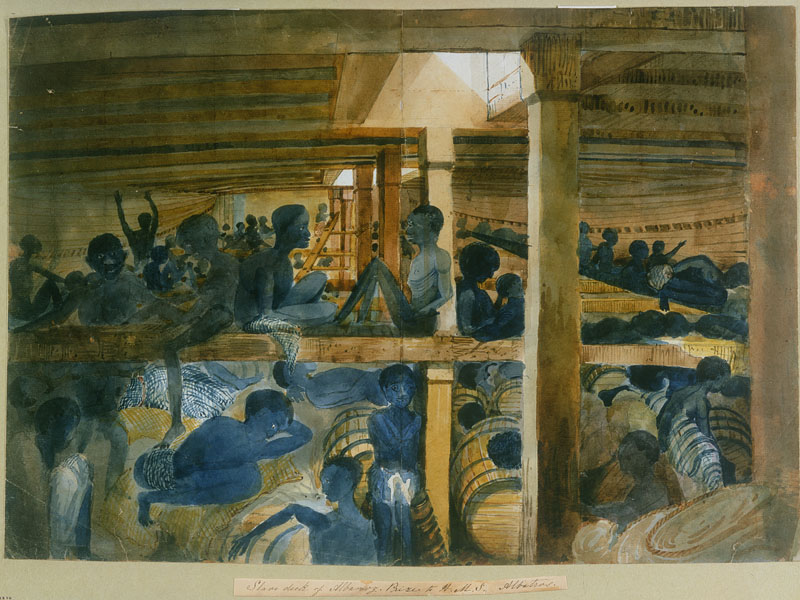Compassion, Control, and Complications: 19th-Century British Anti-Slavery Efforts

The British empire embarked on a successful and far-reaching anti-slavery campaign in the first half of the 19th century, one of the first global humanitarian efforts of its kind. Professor Maeve Ryan of Kings College London joins Texas National Security Review editor in chief and Clements Center executive director Will Inboden for a fascinating discusion of Ryan’s book, Humanitarian Governance and the British Antislavery World System, published in April by Yale University Press. Ryan discusses the complicated motives of the British anti-slavery campaign, which capitalized on wounded British national pride after the loss of the American colonies, economic motives, and sincere moral outrage. She also details the morally complicated efforts at “disposal” of the human cargoes embarked in slave ships captured by the Royal Navy. These efforts included resettlement and other projects in which narratives of both compassion and control figure prominently.
Image:Meynell, Francis, Lieutenant, 1821-1870, CC BY-SA 4.0, via Wikimedia Commons

